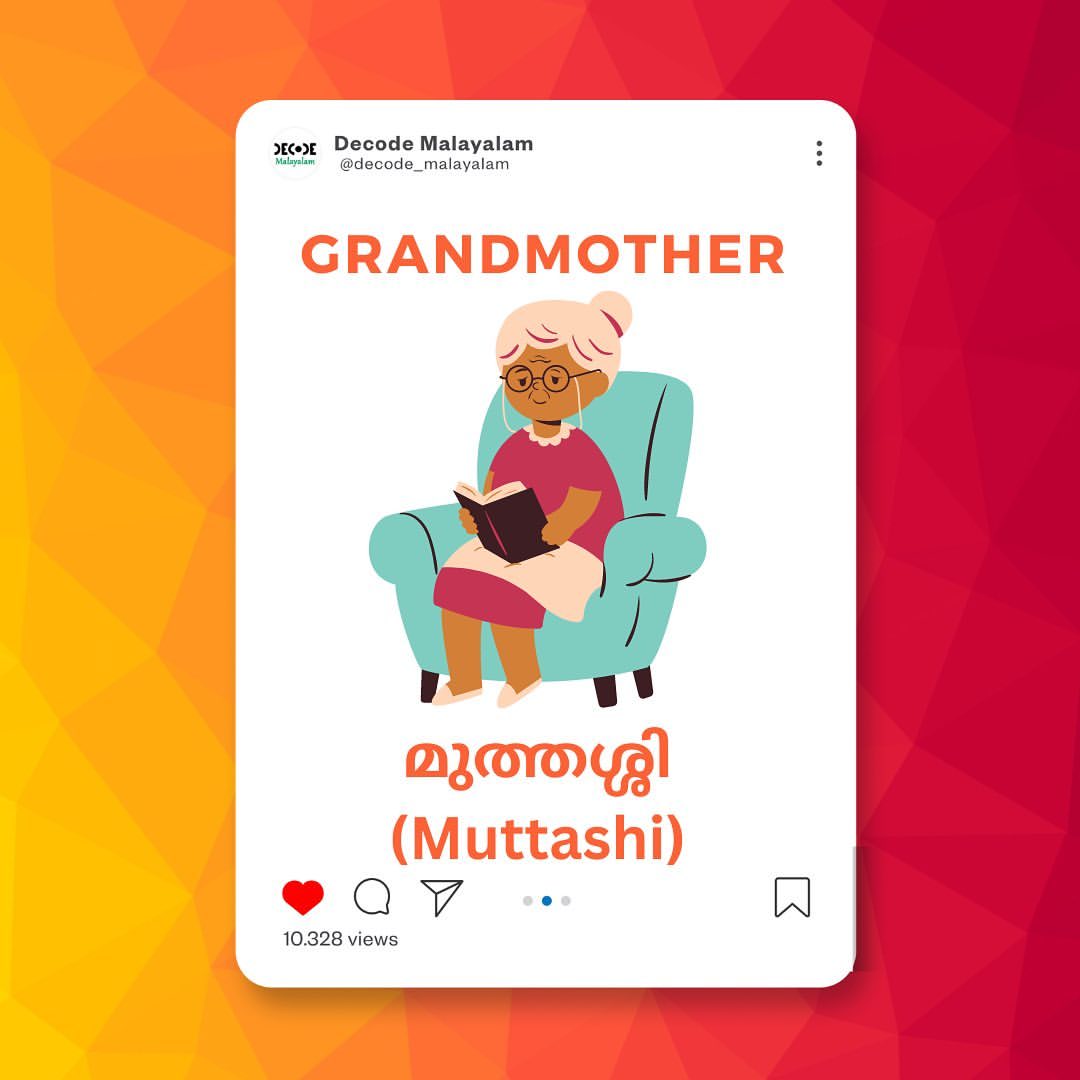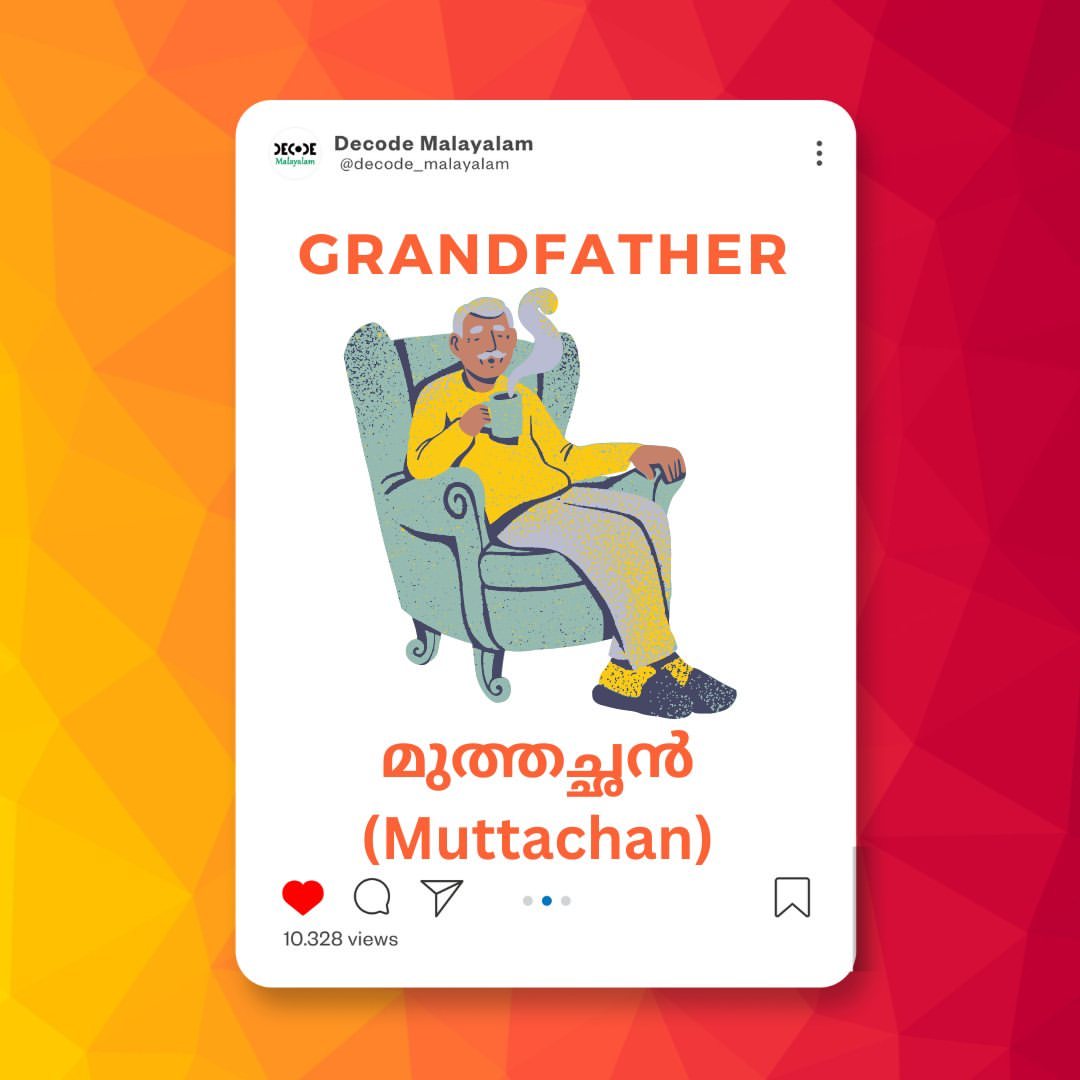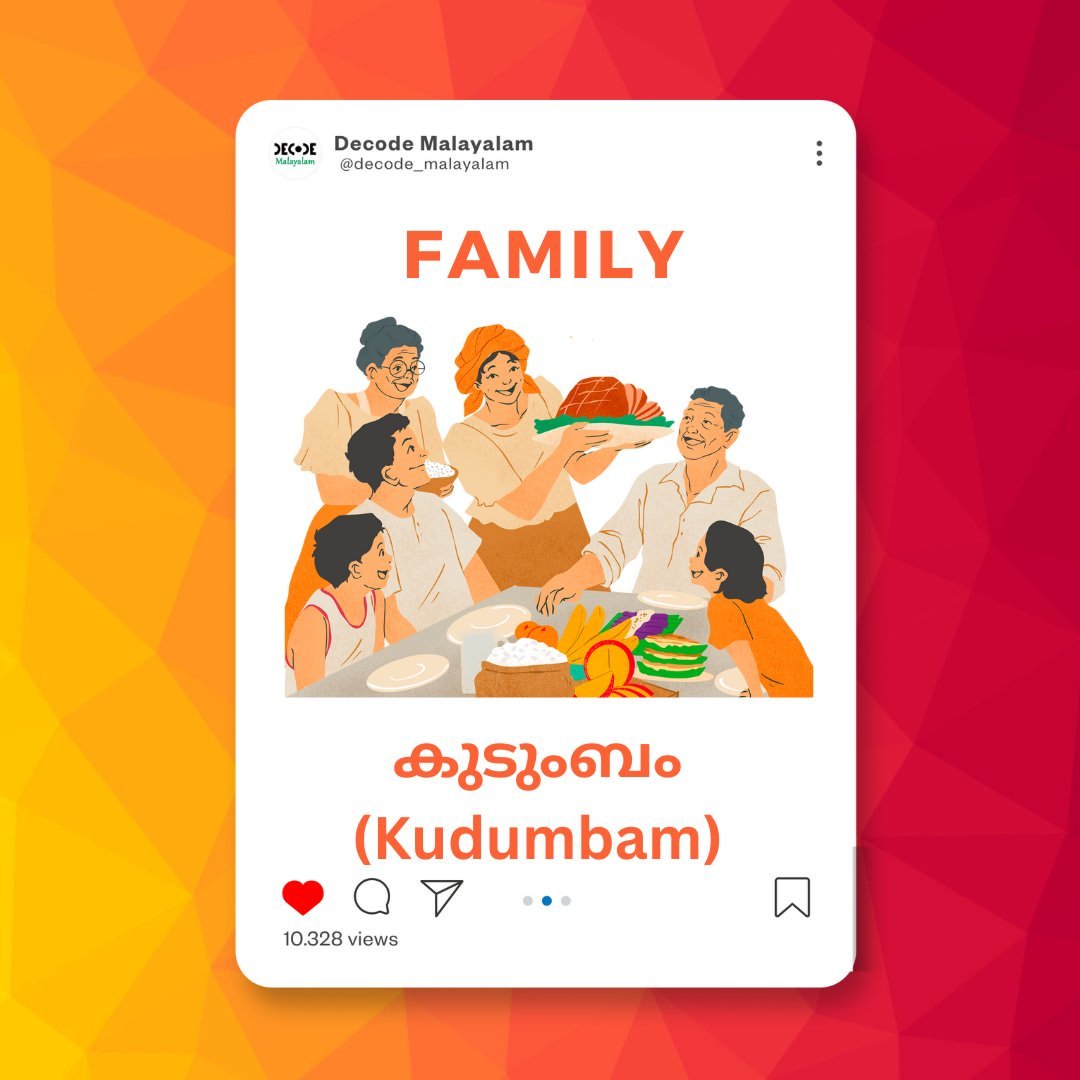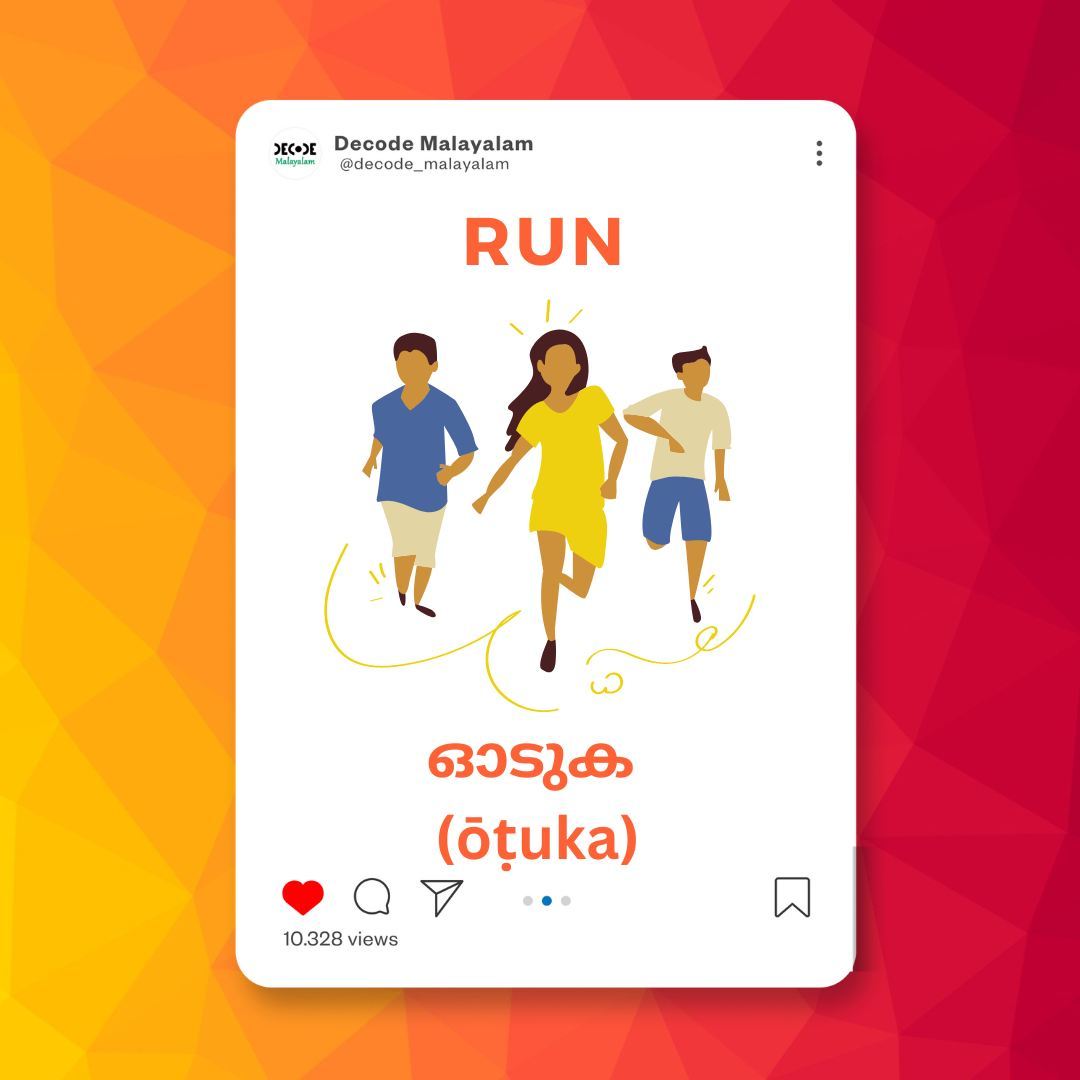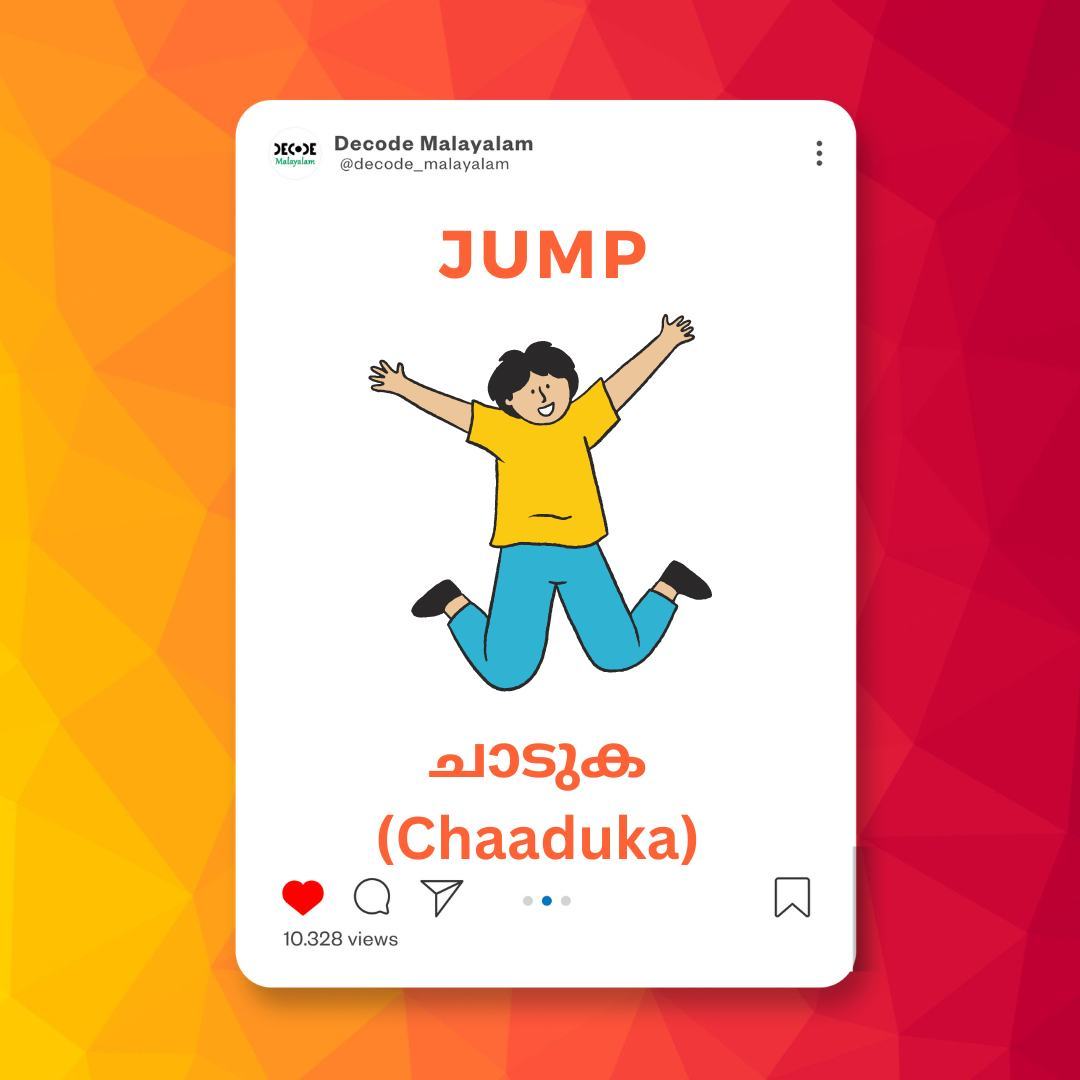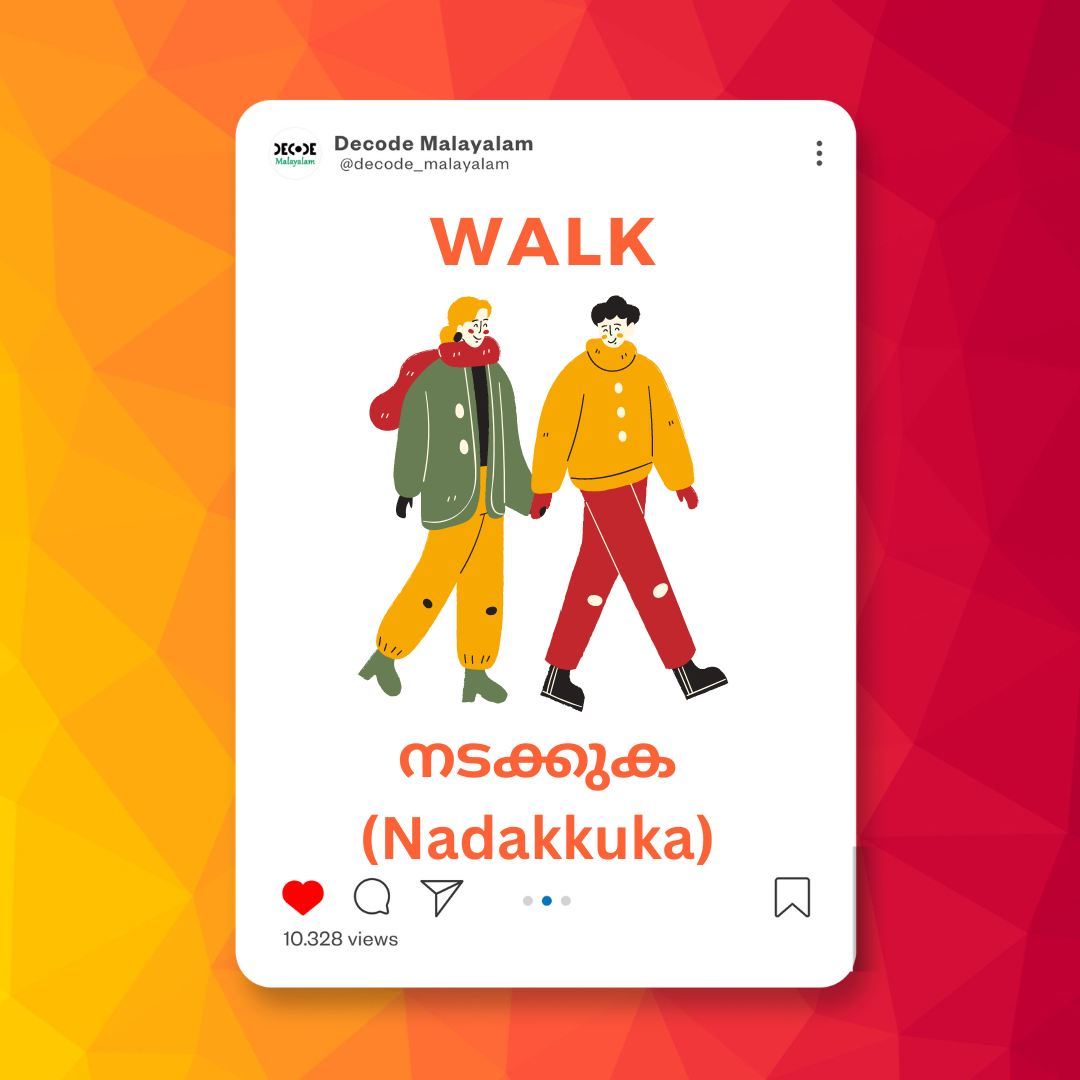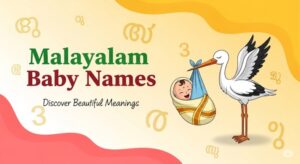Do you love a good puzzle? Something that makes you think, laugh, and finally say, “Aha! I’ve got it!”? Well, get ready for some brain-teasing fun because today, we’re diving into the delightful world of “riddles in Malayalam”!
Riddles, or കടങ്കഥകൾ (kaḍankathakal) as they are called in Malayalam, are not just a source of entertainment; they are a fantastic way to sharpen your mind, improve your vocabulary, and understand how words can be used in clever and surprising ways. For students and kids learning Malayalam from abroad, these “Malayalam riddles with answers” offer a playful and engaging path to cultural understanding and language mastery. They often describe everyday objects, animals, or natural phenomena in a poetic or witty manner, giving you clues that will help you think in Malayalam!
This comprehensive guide will introduce you to a collection of popular and easy-to-understand Malayalam riddles. We’ll provide the riddle in Malayalam, its English translation, and then, after a little suspense, the answer! Get ready to think, guess, and decode!
Why Learn with Riddles in Malayalam?
Learning a language through riddles is incredibly effective and enjoyable. For young learners and students, it offers several unique benefits:
- Vocabulary Boost: Riddles often describe objects or concepts without directly naming them, forcing you to think about different words and their meanings.
- Cultural Insight: Many Malayalam riddles are rooted in Kerala’s daily life, nature, and traditions, giving you a peek into the local culture.
- Problem-Solving Skills: Riddles encourage critical thinking, logical reasoning, and creative problem-solving in a fun way.
- Memory Retention: When you figure out a riddle, the answer (and the words used in the riddle) tends to stick in your memory better.
- Pronunciation Practice: Reading the riddles aloud helps improve your Malayalam pronunciation and fluency.
- Interactive Learning: Riddles are naturally interactive, making them great for playing with friends, family, or even by yourself!
How to Play with Malayalam Riddles
- Read the Riddle Aloud: Practice your Malayalam pronunciation.
- Read the English Translation: Understand the meaning of the riddle.
- Think! Think! Think! Look for clues, common objects, or clever descriptions.
- Guess! Don’t be afraid to make mistakes; that’s part of the fun!
- Check the Answer: See if you got it right!
- Discuss: Talk about why the answer fits and what words were key clues.
Are you ready? Let’s begin our Kadankatha journey!
Easy Riddles in Malayalam with Answers (Part 1: Everyday Objects)
Here are some common Malayalam riddles about things you see and use every day.
Riddle 1: ഒരു കുടക്കീഴിൽ ഒൻപത് പേർ. ആരാണ്? Oru kuḍakkeezhil onpathu per. Aaraanu?
English Translation: Nine people under one umbrella. Who is it?
Think… think… What everyday thing has many “parts” under one “cover”?
Click to reveal the Answer!
നെല്ലിക്ക (Nellika – Gooseberry / Amla)
Explanation: The gooseberry fruit has many segments (“people”) under one skin (“umbrella”).
Riddle 2: പച്ചപെട്ടി തുറന്നു, ചുവന്ന മുത്തുകൾ ചിതറി. എന്താണത്? Pachapetti thurannu, chuvanna mutthukal chithari. Enthaanaathu?
English Translation: Opened a green box, red pearls scattered. What is it?
Think… think… What green fruit has red seeds inside?
Click to reveal the Answer!
തണ്ണിമത്തൻ (Thaṇṇimaththan – Watermelon)
Explanation: The green rind is the “box,” and the red flesh with black seeds are the “red pearls.”
Riddle 3: അകത്ത് തീയുണ്ട്, പുറത്ത് വെള്ളം. എന്താണത്? Akaththu theeyundu, puraththu vellam. Enthaanaathu?
English Translation: Fire inside, water outside. What is it?
Think… think… What cooks with heat, and often uses water to cool?
Click to reveal the Answer!
വിളക്ക് (Viḷakk – Lamp / Kerosene Lamp)
Explanation: The oil (water-like) is outside, and the flame (fire) is inside.
Riddle 4: തലകീഴായി തൂങ്ങിക്കിടക്കും, തലയിൽ തീയും. എന്താണത്? Thalakkeezhaayi thoongikkidakkum, thalayil theeyum. Enthaanaathu?
English Translation: Hangs upside down, with fire on its head. What is it?
Think… think… What common fruit hangs and has a “crown” that looks like fire?
Click to reveal the Answer!
പൈനാപ്പിൾ (Painappil – Pineapple)
Explanation: Pineapples often hang upside down on plants, and their leafy crown resembles fire.
Riddle 5: അടിപ്പാറ, നടുവഴമ്പ്, മീതെ കുട. എന്താണത്? Adippaara, naduvazhambu, meethe kuda. Enthaanaathu?
English Translation: Bottom is rock, middle is softness, top is an umbrella. What is it?
Think… think… What plant grows from the ground up, and has different textures?
Click to reveal the Answer!
കൂൺ (Koon – Mushroom)
Explanation: The base is firm like a “rock,” the stem is soft, and the cap is like an “umbrella.”
Easy Riddles in Malayalam with Answers (Part 2: Nature & Animals)
These riddles describe things found in nature or common animals.
Riddle 6: കണ്ണില്ലാ പക്ഷികൾ, കാടുകൾ തോറും പറക്കും. എന്താണത്? Kaṇṇillaa pakshikal, kaaḍukal thorom parakkum. Enthaanaathu?
English Translation: Birds without eyes, fly throughout the forests. What are they?
Think… think… What “flies” through trees, but isn’t alive?
Click to reveal the Answer!
ഇലകൾ (Ilakal – Leaves)
Explanation: Leaves “fly” when they fall from trees and blow in the wind, and they don’t have eyes.
Riddle 7: രാത്രിയിൽ വിടരും, പകൽ വാടും. എന്താണത്? Raathriyil viḍarum, pakal vaaḍum. Enthaanaathu?
English Translation: Blooms at night, withers during the day. What is it?
Think… think… What flower only opens after the sun sets?
Click to reveal the Answer!
നിശാഗന്ധി (Nishaagandhi – Night-blooming Jasmine / Queen of the Night flower
Explanation: This flower famously blooms only at night and closes by morning.
Riddle 8: കടലിൽ മുങ്ങിക്കിടക്കും, കരയിൽ ഓടി നടക്കും. ആരാണ്? Kadalil mungikkidakkum, karayil oodi naḍakkum. Aaraanu?
English Translation: Stays submerged in the sea, runs around on land. Who is it?
Think… think… What creature lives in the ocean but also walks on the shore?
Click to reveal the Answer!
ഞണ്ട് (Nandu – Crab)
Explanation: Crabs live in the sea but often come to the land/beach.
Riddle 9: വയർ നിറയെ മുറിവുകൾ, തലയിൽ കിരീടം. എന്താണത്? Vayar niraye muRivukal, thalayil kireeṭam. Enthaanaathu?
English Translation: Belly full of wounds, a crown on its head. What is it?
Think… think… What fruit has a rough, segmented skin and a leafy crown?
Click to reveal the Answer!
ചക്കപ്പഴം (Chakkappazham – Jackfruit)
Explanation: The jackfruit’s skin has many bumps/sections (“wounds”), and it has a leafy “crown” on top.
Riddle 10: കത്താത്ത വിളക്ക്, കെടാത്ത തീ. എന്താണത്? Katthātha viḷakk, keḍātha thee. Enthaanaathu?
English Translation: A lamp that doesn’t burn, a fire that doesn’t extinguish. What is it?
Think… think… What natural phenomenon gives light and heat continuously?
Click to reveal the Answer!
സൂര്യൻ (Sooryan – Sun)
Explanation: The sun gives light like a lamp and heat like fire, but it doesn’t “burn out” or “extinguish” in the way we understand it.
Easy Riddles in Malayalam with Answers (Part 3: Actions & Concepts)
These riddles describe actions or abstract concepts in a playful way.
Riddle 11: ആരുമില്ലാതെ നടക്കും, അടയാളം ഉണ്ടാക്കും. എന്താണത്? Aarumillaathe naḍakkum, aḍayaaḷam undaakkum. Enthaanaathu?
English Translation: Walks without anyone, leaves a mark. What is it?
Think… think… What process or natural event moves and leaves evidence behind?
Click to reveal the Answer!
മഴ (Mazha – Rain)
Explanation: Rain “walks” (falls) and leaves wet marks on the ground.
Riddle 12: വായ തുറക്കാതെ സംസാരിക്കും, മറുപടി നൽകും. എന്താണത്? Vaaya thurakkaathe samsaarikkum, maRuvaḍi nalkum. Enthaanaathu?
English Translation: Speaks without opening its mouth, gives answers. What is it?
Think… think… What object can provide information without actually speaking?
Click to reveal the Answer!
പുസ്തകം (Pusthakam – Book)
Explanation: A book “speaks” to us by giving us information, and it “answers” our questions, all without a mouth.
Riddle 13: മുറിക്കും തോറും വളരും. എന്താണത്? MuRikkum thōRum vaḷarum. Enthaanaathu?
English Translation: The more you cut it, the more it grows. What is it?
Think… think… What common thing, when trimmed, seems to get bigger or fuller?
Click to reveal the Answer!
കുഴി (Kuzhi – Hole / Pit)
Explanation: The more you dig (cut) a hole, the deeper/bigger it becomes.
Riddle 14: പോകുമ്പോൾ വരാത്തതും, വരുമ്പോൾ പോകാത്തതും. എന്താണത്? Pokumpōl varāthathum, varumpōl pokāthathum. Enthaanaathu?
English Translation: Doesn’t come when you go, doesn’t go when you come. What is it?
Think… think… What is always there, no matter where you are?
Click to reveal the Answer!
വഴി (Vazhi – Path / Road)
Explanation: The path/road is always there, whether you are walking on it or not. It “doesn’t come” with you, nor does it “go away” when you arrive.
Riddle 15: കൈയും കാലുമില്ല, പക്ഷേ ഓടും. എന്താണത്? Kaiyum kaalumilla, pakṣe oḍum. Enthaanaathu?
English Translation: Has no hands or legs, but runs. What is it?
Think… think… What non-living thing is constantly moving?
Click to reveal the Answer!
നദി (Nadi – River)
Explanation: A river “runs” (flows) continuously without hands or legs.
More Challenging Riddles for Advanced Learners!
Ready for a little more challenge? These might require a bit more thought!
Riddle 16: കാറ്റ് കണ്ടാൽ കുരുത്തംകെട്ടവൻ, കാറ്റില്ലെങ്കിൽ മിണ്ടാതിരിക്കും. ആരാണ്? Kaatt kaṇḍāl kurutthankeṭṭavan, kaattillengil miṇḍaathirikkum. Aaraanu?
English Translation: Naughty when it sees wind, silent when there is no wind. Who is it?
Click to reveal the Answer!
കടൽ (Kadal – Sea)
Explanation: The sea becomes “naughty” (waves become rough) when there’s wind, and is “silent” (calm) without wind.
Riddle 17: ചെറുപ്പത്തിൽ തലയിൽ പൂവ്, വലുതാകുമ്പോൾ തലയിൽ കായ. ആരാണ്? CheRuppaththil thalayil poovu, valuthākumpōl thalayil kaaya. Aaraanu?
English Translation: In childhood, a flower on its head, when grown, a fruit on its head. Who is it?
Click to reveal the Answer!
തെങ്ങ് (Theng – Coconut tree
Explanation: A coconut tree first has flowers, and then those flowers develop into coconuts (fruit).
Riddle 18: ഒരേയൊരു വായുള്ള, പക്ഷേ ഒരുപാട് പല്ലുള്ള. എന്താണത്? Oreyōru vaayulla, pakṣe orupaaḍu pallulla. Enthaanaathu?
English Translation: Has only one mouth, but many teeth. What is it?
Click to reveal the Answer!
ചീപ്പ് (Cheep – Comb)
Explanation: A comb has one opening (where hair goes through) and many teeth.
Riddle 19: കയറുണ്ടാക്കാം, കയറാൻ പറ്റില്ല. എന്താണത്? Kayaruṇṭākkām, kayaRān pattiḷḷa. Enthaanaathu?
English Translation: Can make a rope, but cannot climb on it. What is it?
Click to reveal the Answer!
കിണർ (Kiṇar – Well)
Explanation: A well uses a rope to draw water, but you cannot “climb” the well itself in the sense of ascending.
Riddle 20: ഇടതുകൈകൊണ്ട് എടുക്കും, വലതുകൈകൊണ്ട് എടുക്കില്ല. എന്താണത്? Iḍathukai koṇḍu eḍukkum, valathukai koṇḍu eḍukkilla. Enthaanaathu?
English Translation: You pick it up with your left hand, but not with your right hand. What is it?
Click to reveal the Answer!
അടി (Aḍi – Slap)
Explanation: You “give” (pick up and deliver) a slap with your left hand (meaning, you receive a slap on your right cheek, as a common saying).
For more riddles, read : Malayalam Kadamkathakal : Malayalam in Riddles
Making Riddles Part of Your Malayalam Learning Journey
- Create Your Own: Once you’re comfortable, try making simple riddles in Malayalam about objects around you. This is a fantastic way to practice sentence structure and descriptive vocabulary.
- Ask Your Family/Friends: Share these riddles with Malayali family members or friends. They might know even more!
- Look for Riddle Books/Videos: Many Malayalam children’s books and YouTube channels feature Kadankathakal.
- Vocabulary Building: When you encounter a new word in a riddle, write it down, find its meaning, and try to use it in a sentence.
Conclusion
“Riddles in Malayalam” are a gateway to language learning that is both intellectually stimulating and incredibly fun! By engaging with these “Malayalam riddles with answers,” you’re not just memorizing words; you’re learning to think in Malayalam, to appreciate its cleverness, and to connect with a beloved cultural pastime. So keep puzzling, keep guessing, and keep decoding Malayalam – because the more you play, the more you learn!


